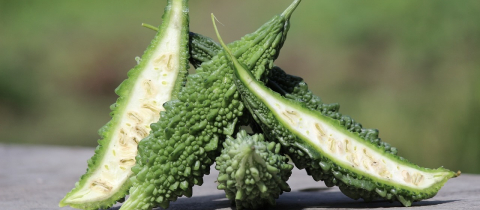The cosmetics industry sells hope by mixing a little chemistry with a hefty dose of hype. Novelty, whether in “actives,” or in packaging, or just fresh flim-flam is what opens wallets. Since consumers are becoming blasé about over-used terms like moisturizing, anti-aging, rejuvenating, nurturing, hydrating, revolutionary and natural, marketers are pressed to come up with new ploys. Throwing in sciency terms like “psychodermatology” and “neurocosmetics,” can invigorate sales. Neurocosmetics are said to forge a link between the mind and skin care. Who says so? Psychodermatologists. Actually, there is no such profession, but if someone aims to investigate the relationship between skin health and psychological well-being, they can be said to be exploring “psychodermatology.”
While claims of “giving a sense of balance to the body’s natural rhythms and cycles by incorporating relaxing patchouli, uplifting geranium, nurturing rose and rejuvenating frankincense to calm the mind” amount to pure puffery, there is no doubt that there is a real connection between the skin and the mind. Numerous studies have shown that acne, psoriasis, eczema becomes worse with mental stress. The mechanism likely involves the release of the stress hormone cortisol that then directs immune cells to the skin with inflammation being the result. The reverse is also possible. A skin problem can trigger mental stress.
The French cosmetic firm Givaudan is aiming to enter the neurocosmetic world with its novel “Neuroglow” cream. Sunshine makes people feel better, goes the pitch, and its “natural” ingredient mimics the positive effects of the sun. It is “green fractionated,” (another invented term,) from Persicaria tinctoria, a plant that historically has been the source of the blue dye, indigo. The message is that applying Neuroglow to the skin will make you feel better, just like the rays of the sun. So, what smidgen of science have they stretched to make this claim?
According to an in-house study that has not been published, Neuroglow increases production of melanin in the skin. Melanin is the pigment that determines skin colour and also protects the skin from the sun’s ultraviolet rays. Tanning is actually the skin’s attempt to prevent such damage. Givaudan’s argument seems to be that an increase in melanin prepares the skin for sun exposure, allowing for a “faster, healthier, more natural and better protected tan.” Supposedly people will then spend more time in the sun because they are protected by the increased melanin. This is a plus, goes the story, because sunshine stimulates the production of beta-endorphin, the so-called “happiness chemical,” as well as vitamin D, which in turn stimulates cells to produce oxytocin, “the love chemical.”
The company claims that skin becomes darker after just seven days and that beta-endorphin is boosted by 43%, vitamin D by 345%, and oxytocin by 229%. Let’s leave aside the nonsense of reporting to three significant figures, and the fact that the study hasn’t been published, and let’s assume that there is truth to the increased production of melanin. If we strip away the clever wording, what are we left with? That the supposed benefits are due to encouraging people to spend more time in the sun because they feel protected by the extra melanin. Can’t this be accomplished with a sunscreen for a fraction of the cost? But there is more profit in mixing some imaginative hype with a dollop of science.







